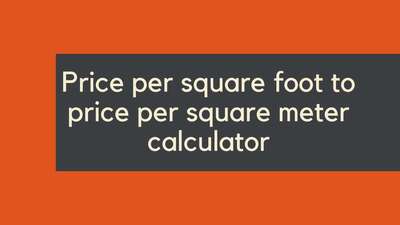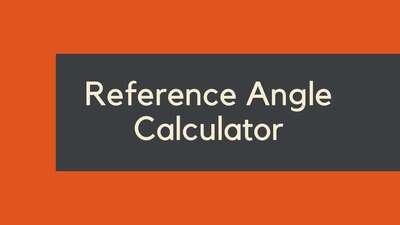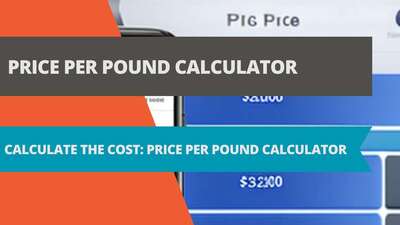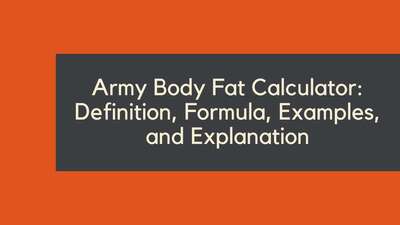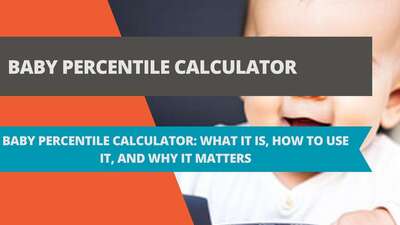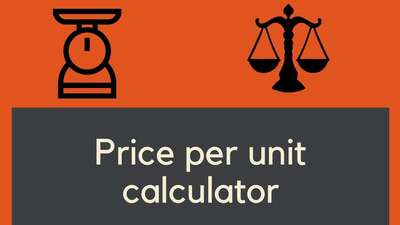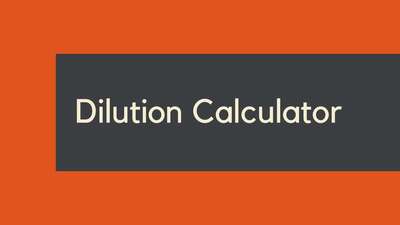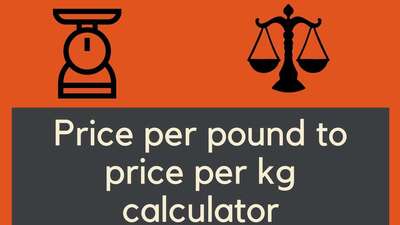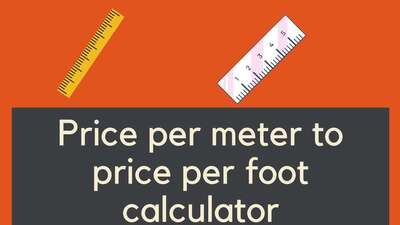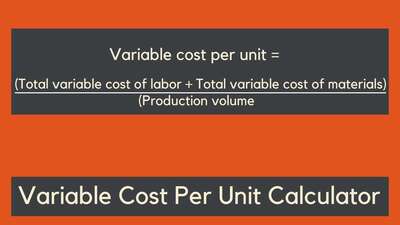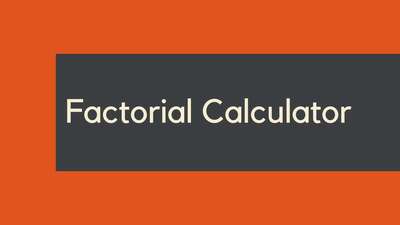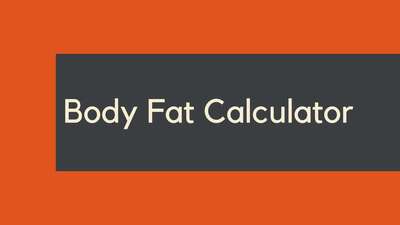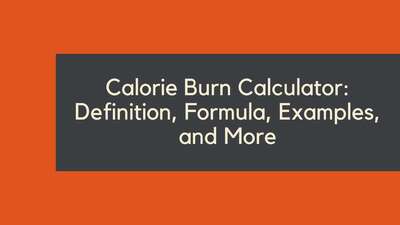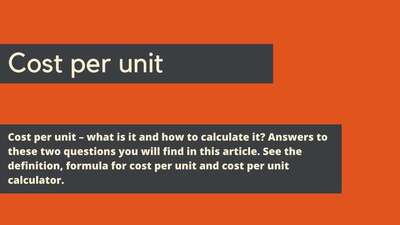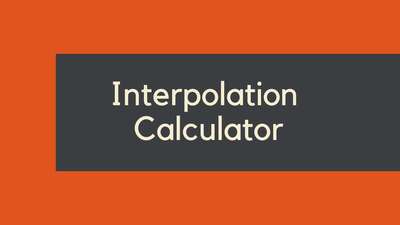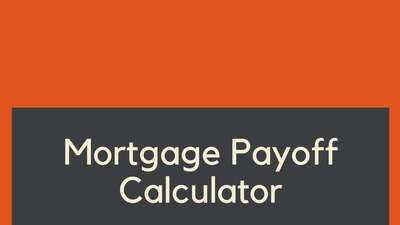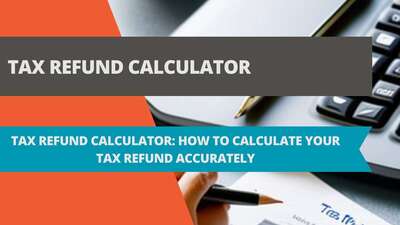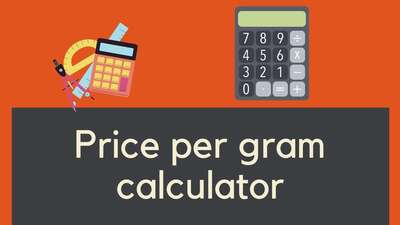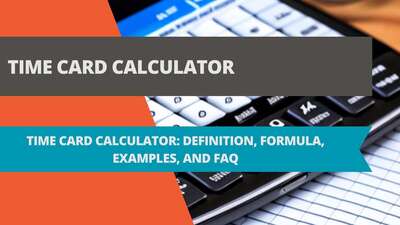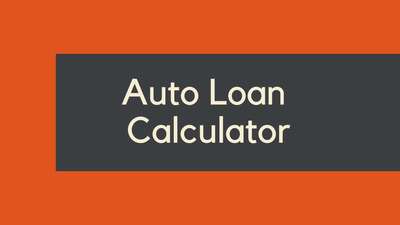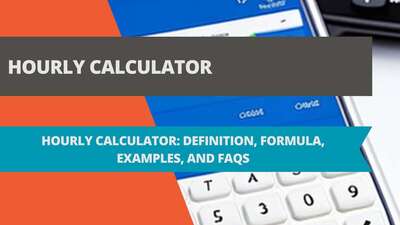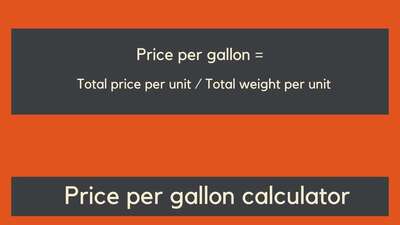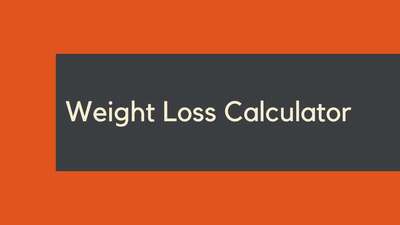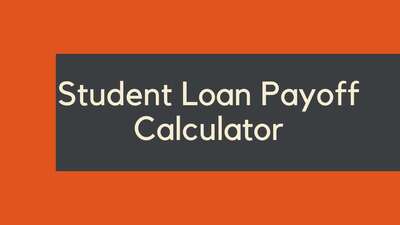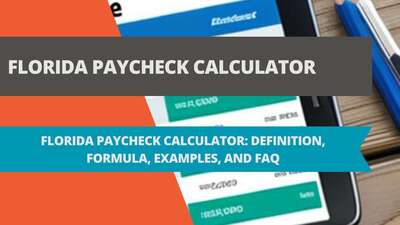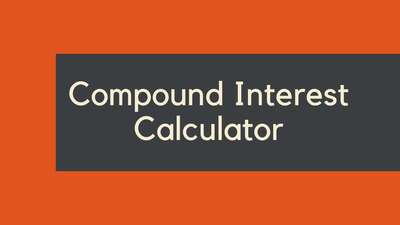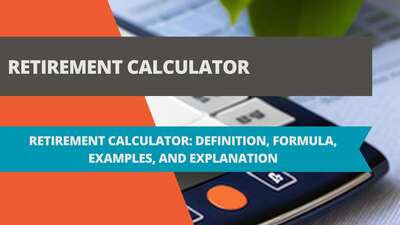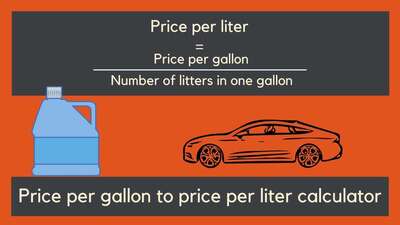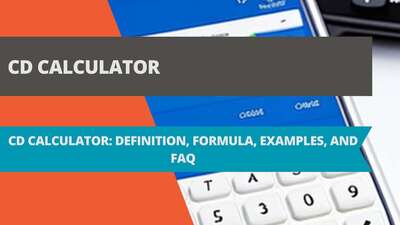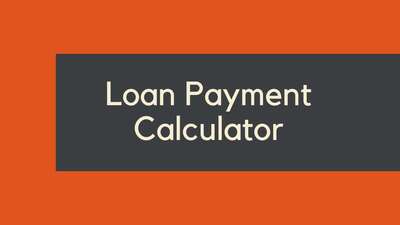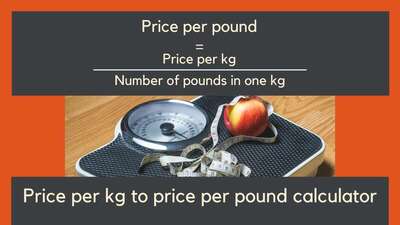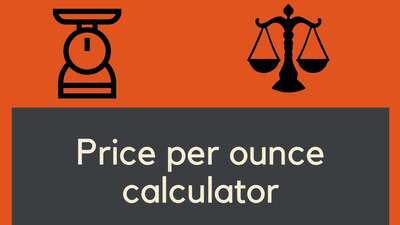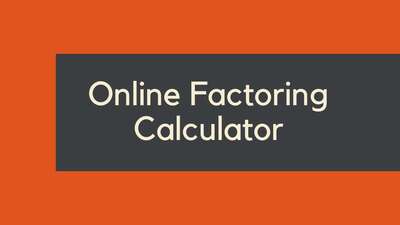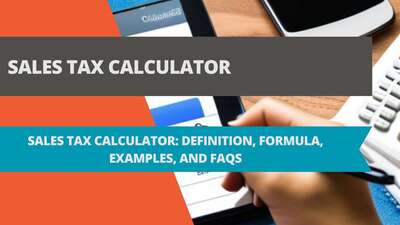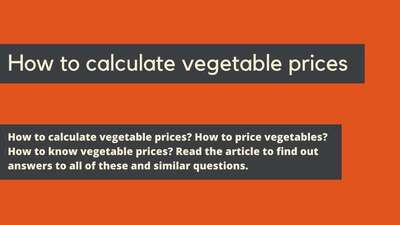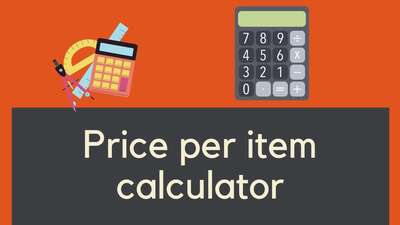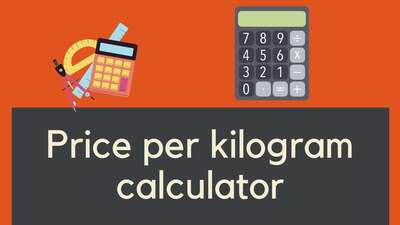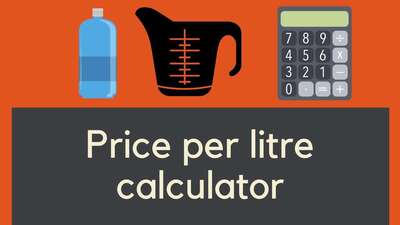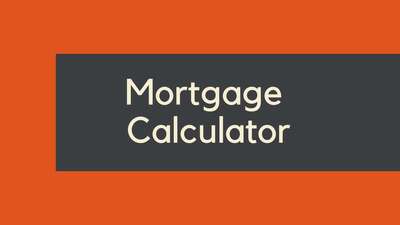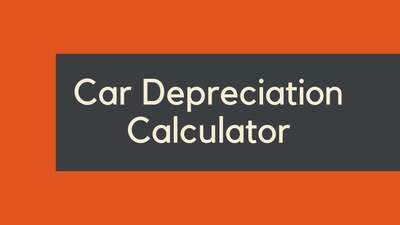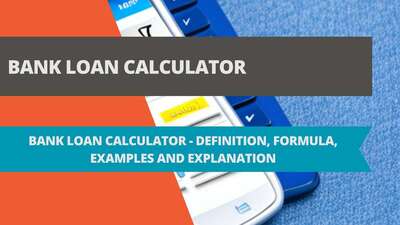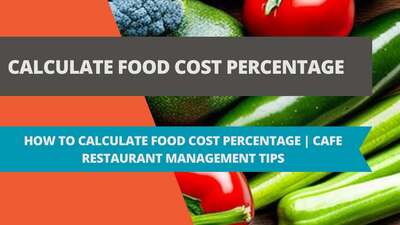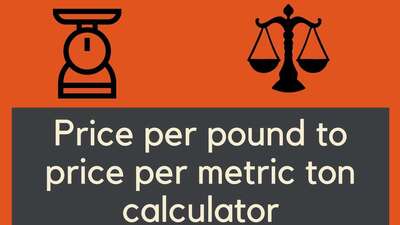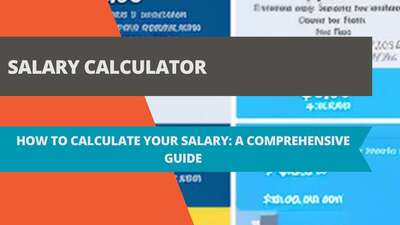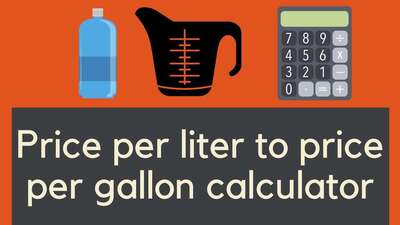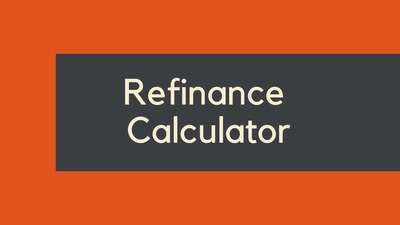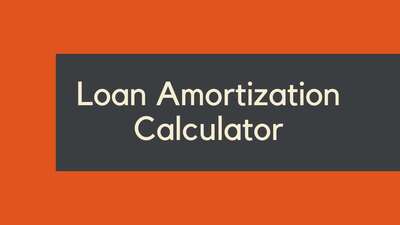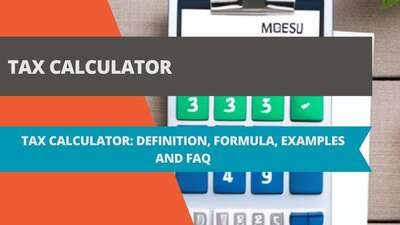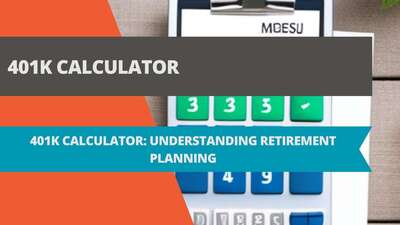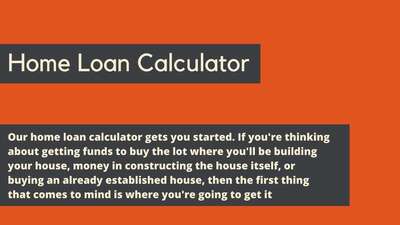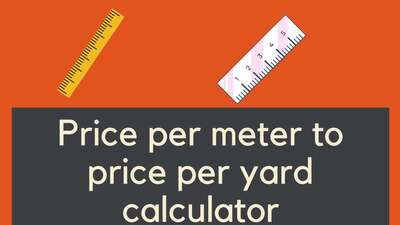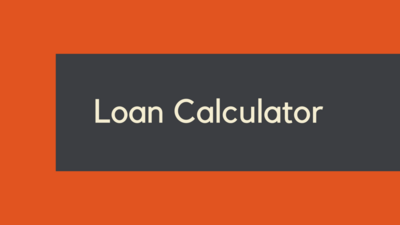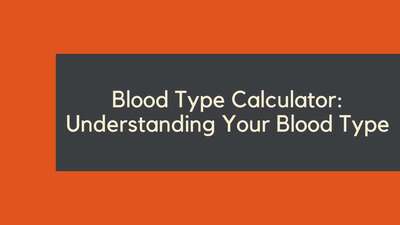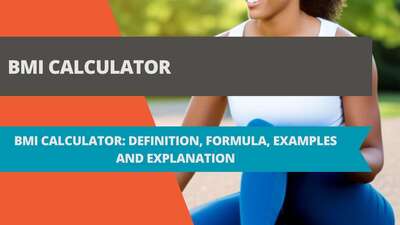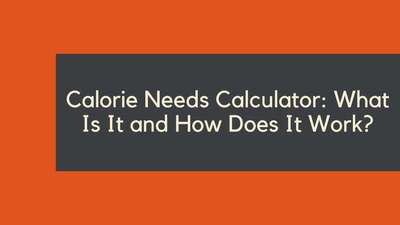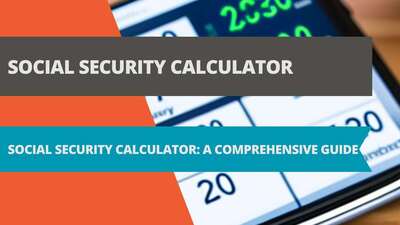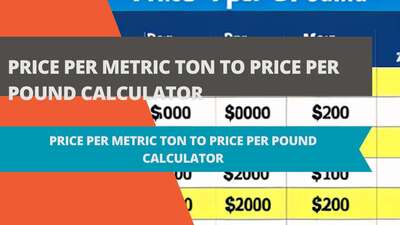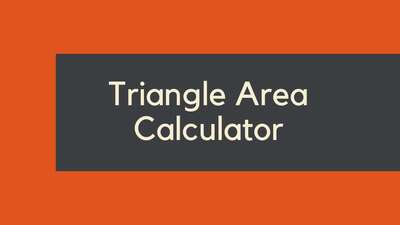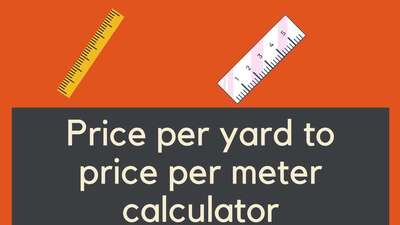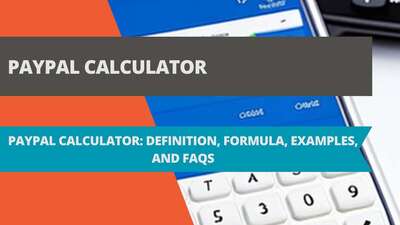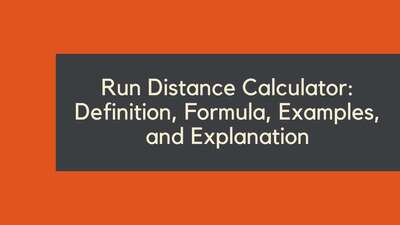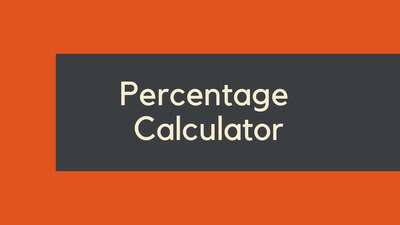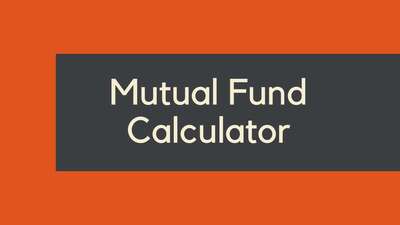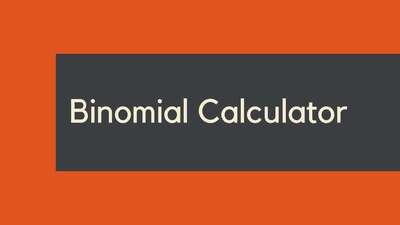Mortgage Qualification Calculator
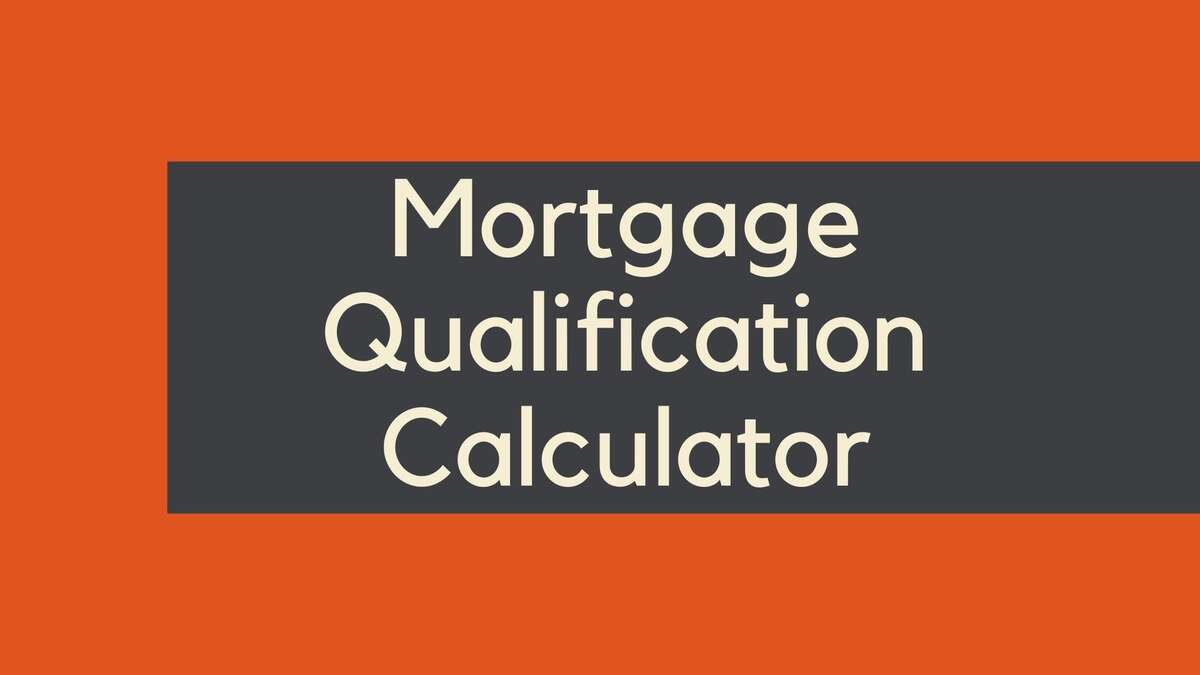
- Mortgage Qualification Calculator Definition
- Mortgage Qualification Calculator formula
- Mortgage Qualification Calculator Examples
- Mortgage Qualification Calculator examples in Excel
- Mortgage Qualification Calculator explanation
- Mortgage Qualification Calculator: Navigating the Modern Lending Landscape
- Understanding the Limitations of Mortgage Qualification Calculators
- Diving Deeper into the Variables of Mortgage Qualification Calculators
- Human Insight vs. Digital Precision: Mortgage Qualification Decoded
- Mortgage Qualification Calculator FAQ
Mortgage Qualification Calculator Definition
A mortgage qualification calculator is an online tool that helps people determine their eligibility for a mortgage loan. The calculator takes into account various factors such as income, expenses, credit score, and down payment to provide an estimate of how much money a lender may be willing to lend.
Mortgage qualification calculators typically ask for information such as annual income, monthly debt payments, credit score, and the amount of money available for a down payment. The calculator then uses this information to calculate the borrower's debt-to-income ratio, which is a critical factor in determining mortgage eligibility.
The output of the calculator is an estimated mortgage amount, along with an estimate of the monthly payment that the borrower would be required to make. Mortgage qualification calculators can be a valuable tool for anyone considering a mortgage, as they provide a quick and easy way to assess their financial situation and determine what they can afford.
Mortgage Qualification Calculator formula
Mortgage qualification calculators use a formula to estimate how much money a lender may be willing to lend to a borrower. The formula takes into account several factors, including the borrower's income, expenses, credit score, and down payment.
One of the critical factors in the formula is the debt-to-income ratio, which is the borrower's monthly debt payments divided by their monthly income. Most lenders prefer borrowers to have a debt-to-income ratio of no more than 43%, although some lenders may allow ratios up to 50%.
The formula also considers the interest rate and the term of the loan to calculate the estimated monthly mortgage payment. The higher the interest rate or the shorter the loan term, the higher the monthly payment will be. By inputting various financial information into the mortgage qualification calculator, borrowers can quickly determine their estimated mortgage amount and monthly payment based on the lender's formula.
Mortgage Qualification Calculator Examples
Mortgage qualification calculators are widely available online, and many financial institutions and mortgage lenders provide them on their websites. Some examples of mortgage qualification calculators include those offered by major banks such as Wells Fargo, Bank of America, and Chase.
These calculators typically require the borrower to input their income, debt, and down payment information to provide an estimated mortgage amount and monthly payment. There are also third-party websites, such as Zillow and NerdWallet, that offer mortgage qualification calculators.
These calculators may provide additional information, such as estimated closing costs and the total cost of the loan over time. Additionally, there are specialized mortgage qualification calculators for specific types of loans, such as FHA and VA loans. By using a mortgage qualification calculator, borrowers can quickly and easily determine their estimated eligibility for a mortgage loan and gain a better understanding of their financial situation.
Mortgage Qualification Calculator examples in Excel
Excel is a popular tool for creating and customizing mortgage qualification calculators. There are many examples of mortgage qualification calculators in Excel that can be found online, either as templates or as downloadable spreadsheets. These calculators can be customized to fit a borrower's specific financial situation, and may include additional features, such as charts and graphs.
One example of a mortgage qualification calculator in Excel is the "Mortgage Loan Calculator" provided by AskMyCalculator. This calculator allows the borrower to input their loan amount, interest rate, term, and down payment, and provides an estimated monthly payment and total cost of the loan.
Other examples of Excel-based mortgage qualification calculators include those offered by mortgage lenders and financial institutions, such as Quicken Loans and Bankrate. Using an Excel-based mortgage qualification calculator can be a useful tool for borrowers who want more control over the calculations and want to customize the calculator to fit their specific needs.
Mortgage Qualification Calculator explanation
A mortgage qualification calculator is a tool used to estimate the amount of money a borrower may be eligible to borrow for a mortgage loan. These calculators take into account various financial factors, including the borrower's income, expenses, credit score, and down payment amount.
Mortgage qualification calculators use a formula that considers the borrower's debt-to-income ratio, which is the ratio of the borrower's monthly debt payments to their monthly income. The formula also takes into account the interest rate and term of the loan, which affects the estimated monthly payment.
By inputting their financial information into the mortgage qualification calculator, borrowers can quickly determine the estimated mortgage amount and monthly payment that they may be eligible for. This can help borrowers assess their financial situation, determine how much they can afford, and guide them in their decision-making process. Mortgage qualification calculators are available from various sources, including mortgage lenders and financial institutions, and can be an essential tool for anyone considering a mortgage.
Mortgage Qualification Calculator: Navigating the Modern Lending Landscape
In the ever-evolving world of the financial sector, the ways in which lenders evaluate potential borrowers have undergone significant transformation. No longer is the focus solely on a borrower's income. Modern lending criteria have become increasingly sophisticated, diving deep into various facets of a borrower's financial behavior.
The rise of comprehensive financial assessment: The contemporary mortgage landscape now includes examinations of spending habits, the consistency of savings, debt-to-income ratios, and even considerations of lifestyle choices. These nuanced methods provide a holistic view of a borrower's creditworthiness, ensuring that the loan granted aligns with their repayment capabilities.
Mortgage qualification calculators, as vital tools in this landscape, reflect this multifaceted approach. Their advanced in-built algorithms digest a myriad of data points, offering potential borrowers a nuanced estimation of loan eligibility. These calculators are not static; they continually evolve, ensuring they mirror the market's current state and the ever-refining criteria set by lenders.
Understanding the Limitations of Mortgage Qualification Calculators
Mortgage qualification calculators have emerged as handy tools, offering potential borrowers a glimpse into their borrowing power in the complex world of home financing. While they serve as convenient starting points, it's crucial to approach them with a discerning eye.
The essence of automation: These calculators, being primarily automated, inherently miss the nuanced human touch essential in mortgage evaluations. Unique financial circumstances, such as an inheritance windfall, significant savings, or a potential career progression leading to salary hikes, might not be adequately captured by these tools. An actual lender, with their experience and discretion, might assess such situations more favorably than an algorithm.
Regional and lender-specific nuances: Mortgage norms can vary based on geographical locations, with certain regions having specific lending norms or requirements. Additionally, lenders might roll out limited-time promotions or special loan products that typical calculators may overlook. This gap can lead to discrepancies between the calculator's projections and the actual loan amount a borrower might qualify for.
In conclusion, while mortgage qualification calculators serve as beneficial preliminary tools, prospective borrowers should see their results as ballpark figures rather than definitive answers. It's always recommended to consult directly with a mortgage professional to gain a more accurate and tailored assessment of one's borrowing capabilities.
Diving Deeper into the Variables of Mortgage Qualification Calculators
Introduction: A mortgage qualification calculator is more than just a simple tool; it's a comprehensive assessment model that evaluates multiple factors to estimate a borrower's loan eligibility. While users may initially focus on obvious inputs like income and credit score, it's essential to delve deeper and recognize the myriad of other elements that come into play.
Primary Financial Inputs: Certainly, a borrower's income and credit score are fundamental determinants. They not only dictate one's capacity to repay the loan but also influence the loan's terms, especially the interest rate offered.
Property-Related Expenses: Often overlooked by first-time homebuyers, factors such as property taxes, homeowner's insurance, and HOA fees can significantly impact monthly outlays. These expenses can vary based on the property's location, its value, or the community it's part of, and they can potentially stretch a borrower's budget beyond their initial estimates.
The Role of Interest Rates: Another critical variable is the interest rate. Governed by larger economic landscapes and monetary policies, interest rates can fluctuate. A slight change in the rate can result in significant differences in monthly payments, total loan interest, and the overall cost of the mortgage.
In essence, a holistic understanding of these variables empowers borrowers. With this knowledge, they can make informed decisions, ensuring that their dream home remains a source of joy, not financial stress. Always remember, the more informed a borrower is about these factors, the better equipped they are to navigate the complexities of mortgage qualification.
Human Insight vs. Digital Precision: Mortgage Qualification Decoded
Introduction: In an era dominated by digital advancements, there's an undeniable allure to the instantaneous results provided by tools like mortgage qualification calculators. Yet, one must remember that mortgages, at their core, involve nuanced decision-making. The process transcends mere numbers, tapping into the realm of human intuition and expertise.
Digital Efficiency: Digital tools, like mortgage qualification calculators, offer a preliminary overview of one's financial standing in the context of a home loan. They analyze data points, generating rapid results that guide initial decision-making.
Value of Human Touch: However, loan officers and financial advisors play an irreplaceable role. With years of experience, they grasp the intricacies of individual financial stories. They can dive deeper, considering aspects such as an applicant's job trajectory, potential inheritances, or even future educational expenses for children—areas often untouched by automated tools.
Blending Both Worlds: For borrowers, the key lies in leveraging both. Starting with online calculators provides a foundation, setting expectations around possible loan amounts and interest rates. Following this digital initiation with consultations from financial experts ensures a more tailored and realistic evaluation of mortgage prospects.
In conclusion, while technology offers convenience and a starting point, the human element in mortgage qualifications offers depth, insight, and adaptability. In the intricate dance of home financing, both steps are crucial for a graceful and informed performance.
Mortgage Qualification Calculator FAQ
Here are some frequently asked questions about mortgage qualification calculators:
-
What is a mortgage qualification calculator? A mortgage qualification calculator is an online tool used to estimate how much money a borrower may be eligible to borrow for a mortgage loan based on their financial situation.
-
How does a mortgage qualification calculator work? A mortgage qualification calculator works by taking into account various financial factors, such as the borrower's income, expenses, credit score, and down payment amount, to calculate the estimated mortgage amount and monthly payment that the borrower may be eligible for.
-
Are mortgage qualification calculators accurate? While mortgage qualification calculators can provide a useful estimate of how much a borrower may be eligible to borrow, they are not always 100% accurate. The actual mortgage amount and interest rate may vary based on the lender's underwriting criteria and other factors.
-
Where can I find a mortgage qualification calculator? Mortgage qualification calculators are available online from various sources, including mortgage lenders and financial institutions. Third-party websites, such as Zillow and NerdWallet, also offer mortgage qualification calculators.
-
How can I use a mortgage qualification calculator? To use a mortgage qualification calculator, simply input your financial information, including your income, expenses, credit score, and down payment amount, and the calculator will estimate your eligibility for a mortgage loan. You can then adjust the inputs to see how different factors may affect your estimated mortgage amount and monthly payment.
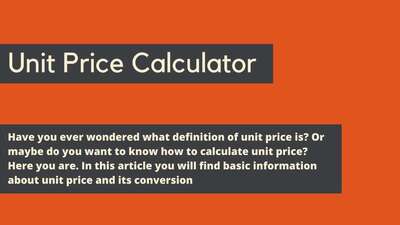
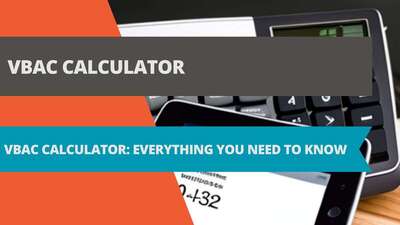
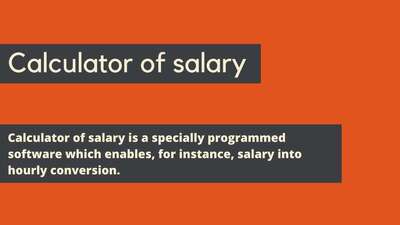
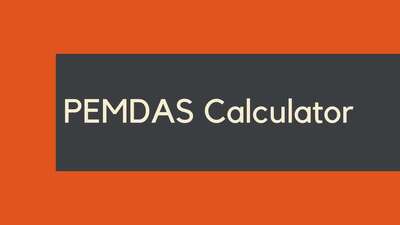
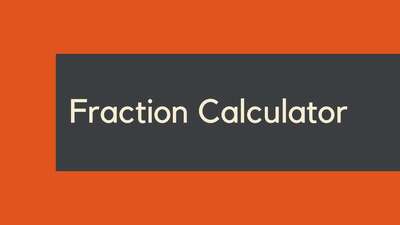
![Car Loan Calculator: Definition, Formula, Examples, and FAQs [2023 Guide]](/images/page/400/car-loan-calculator-13.jpg)
